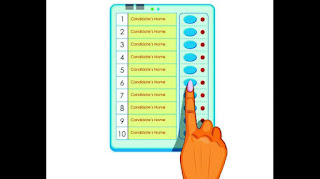One of the most lofty doctrines of the Constitution of India is Article 14 which provides for equality before the law or equal protection of the laws within the territory of India. Equality before the law, also known as equality under the law, equality in the eyes of the law, legal equality, or legal egalitarianism, is the principle that all people must be treated equally or protected equally by the law, without any discrimination. It means that the principles of law should be interpreted equally and applied equally to all the citizens without any sort of favouritism or discrimination.
Equally before law is a constitutional principle which is followed in letter and spirit by many countries. A few recent instances underlined the imperative significance attached by some countries on treating everyone equal or equally under law.
Norwegian Prime Minister Erna Solberg received a hefty fine for breaking the country's Covid-19 curbs by organising a family birthday dinner that had exceeded the number of guests allowed at private functions.
Chilean President Sebastian Pinera was slapped with a heavy penalty after posing for a selfie on the beach with a bystander without wearing a mask as required during the coronavirus pandemic.
Thailand Prime Minister Prayuth Chan-ocha was fined for not wearing a face mask at a meeting under coronavirus restrictions amid a new wave of infections.
These instances convey a lot in an eloquent manner. Also, many countries do not encourage giving special preferences to their citizens irrespective of their position. We have seen many photographs of heads or former heads of government waiting patiently in the queue or pulling trolleys or carrying heavy baskets in super markets like any other ordinary person.
The significance of the doctrine of Equality before Law is that when implemented in letter and spirit, that would tremendously enhance the citizens’ respect towards a country’s legal system and elevate its credibility to the maximum.












